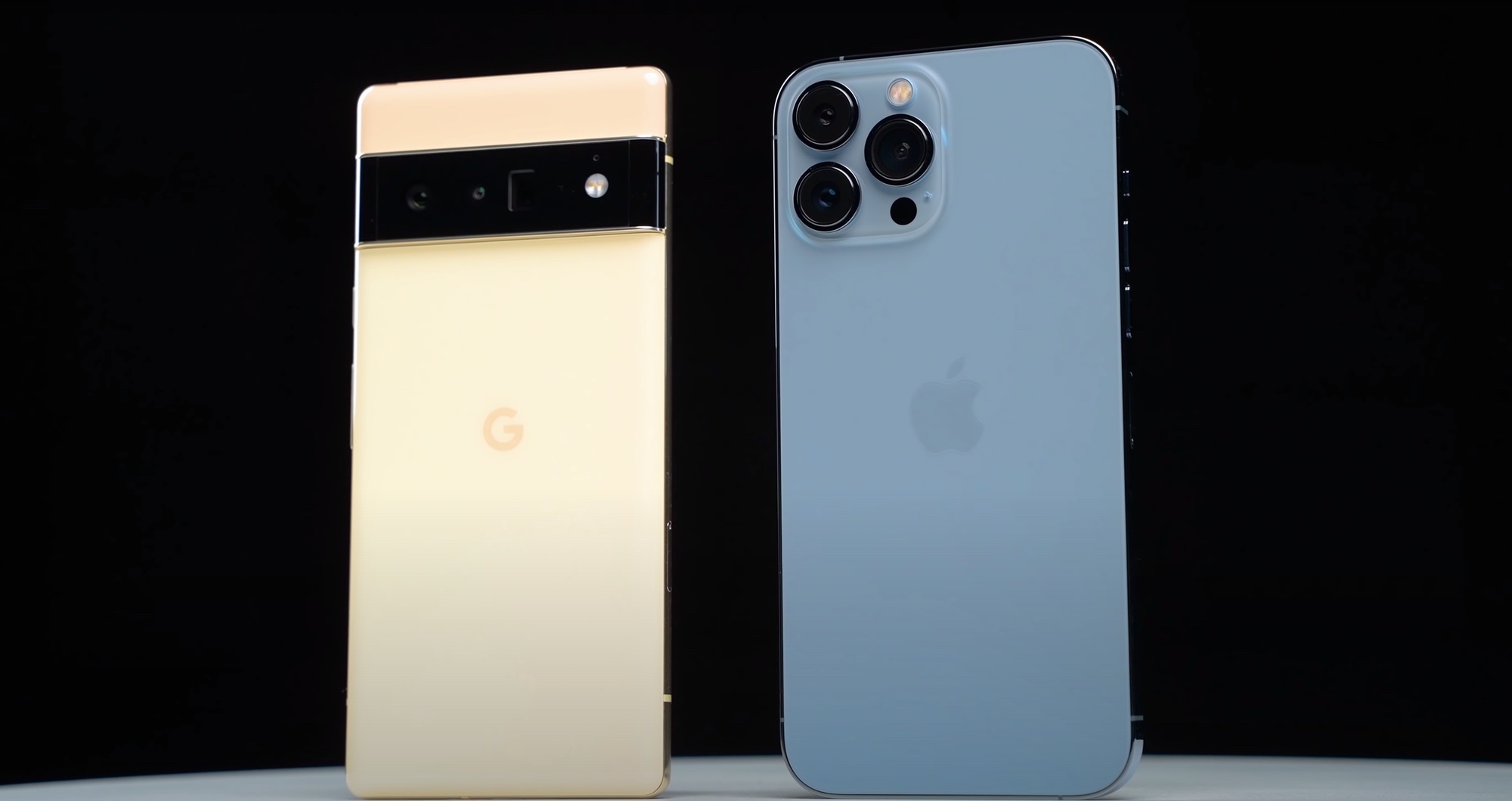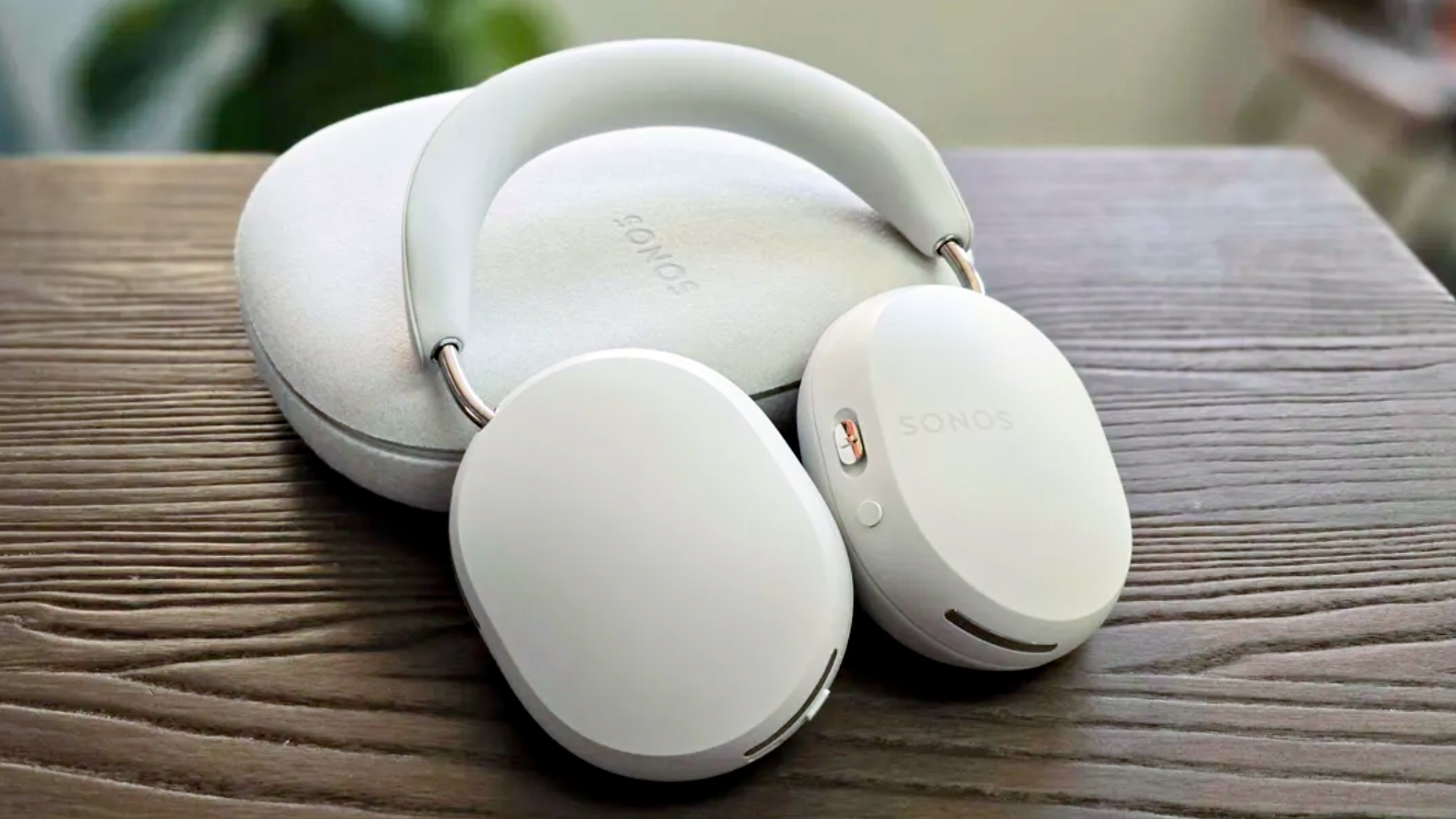
By all measures, both the Google Pixel 6 Pro and iPhone 13 Pro Max are two of the best phones to come out this year. Regardless of which one users buy, the experience should be fantastic. But that's not going to stop enthusiasts from comparing the two side-by-side to see which one ekes out a performance win.
Such tests can also create surprises. Take this recent comparison between the Pixel 6 Pro and iPhone 13 Pro Max, in which Google's custom Tensor chip holds its own against Apple's mighty A15 Bionic.
- Best phones — where the iPhone 13 Pro Max and Pixel 6 Pro rank
- Who won our Google Pixel 6 Pro vs. iPhone 13 Pro Max comparison?
- Plus: Apple says to expect shipping delays to continue this holiday season
In a video posted by YouTube channel PhoneBuff (h/t wccftech), a robotic arm is used to run through a suite of apps on both the Pixel 6 Pro and iPhone 13. The test involves opening and closing 16 different apps. Whichever phone opens, loads and closes all 16 apps the fastest wins. In an unexpected result, the Pixel 6 Pro winds up trailing the iPhone by a mere 5.22 seconds.
That's a pretty surprising result given other benchmarks we've seen, including our own. In our Pixel 6 benchmark testing, Google's new Tensor chip matched the performance of phones powered by the Snapdragon 888. But like those fellow Android devices, the Pixel 6 lagged behind the iPhone 13 in our testing.
PhoneBuff's video paints a closer race. As the video starts, the Pixel 6 Pro leads the iPhone 13 in apps like Facebook, Starbucks, Microsoft's World and Excel, camera and Snapseed.
Things started to swing toward Apple's favor when the phones have to render a video with the app FilmoraGo. The A15 Bionic chip inside the iPhone 13 Pro Max was so fast that it made up for the lead that the Pixel 6 Pro made and pulled ahead. That lead was ultimately too much for Tensor to overcome.
Another area in which Apple also was able to pull further ahead involved games. It seems that apps that require a lot of graphics processing fare better on A15 Bionic. It's an area that Apple has particularly excelled in in the mobile space, where the likes of Qualcomm have often lagged behind.
Get instant access to breaking news, the hottest reviews, great deals and helpful tips.
Actually, on my podcast, FTW with Imad Khan, I spoke to games journalist Rishi Alwani last year about the mobile esports scene in India. In the episode, he revealed that pro PUBG Mobile players prefer to play on iPhone for one peculiar reason related to performance.
"They all prefer playing on iOS, because those devices run longer with less heat and less dissipation issues," said Alwani of The Mako Reactor. "So while your [tournament] sponsors are usually an Oppo or Vivo or OnePlus, most of the training happens on iOS devices, because they’re easier to work with."
So even though Android devices offered higher refresh displays, the heat dissipation during long practice sessions was a greater factor for pro players.
Either way, considering Tensor is Google's freshman effort in custom silicone, it will be exciting to see what the next generation chip will bring.

Imad is currently Senior Google and Internet Culture reporter for CNET, but until recently was News Editor at Tom's Guide. Hailing from Texas, Imad started his journalism career in 2013 and has amassed bylines with the New York Times, the Washington Post, ESPN, Wired and Men's Health Magazine, among others. Outside of work, you can find him sitting blankly in front of a Word document trying desperately to write the first pages of a new book.
 Club Benefits
Club Benefits






